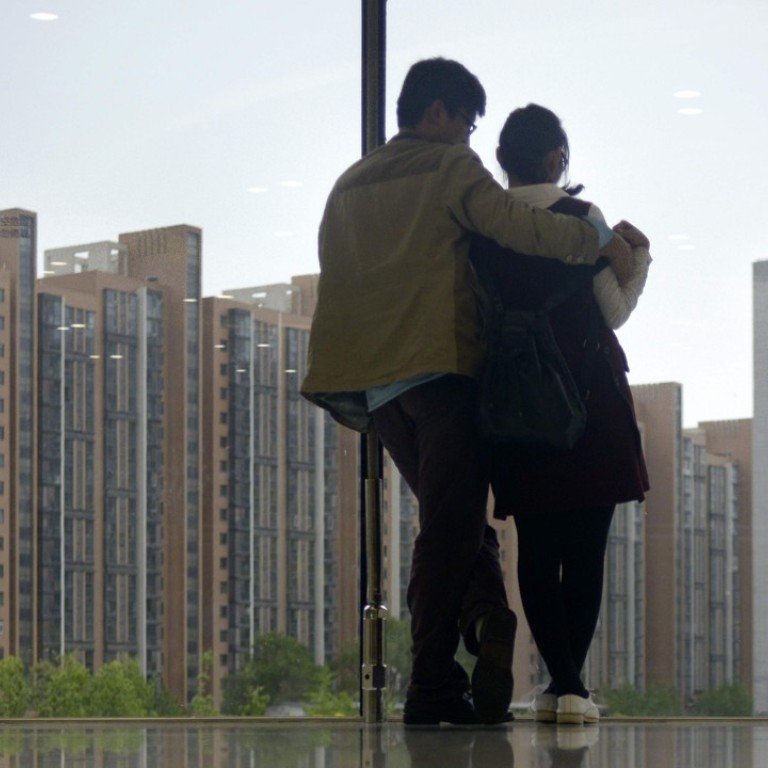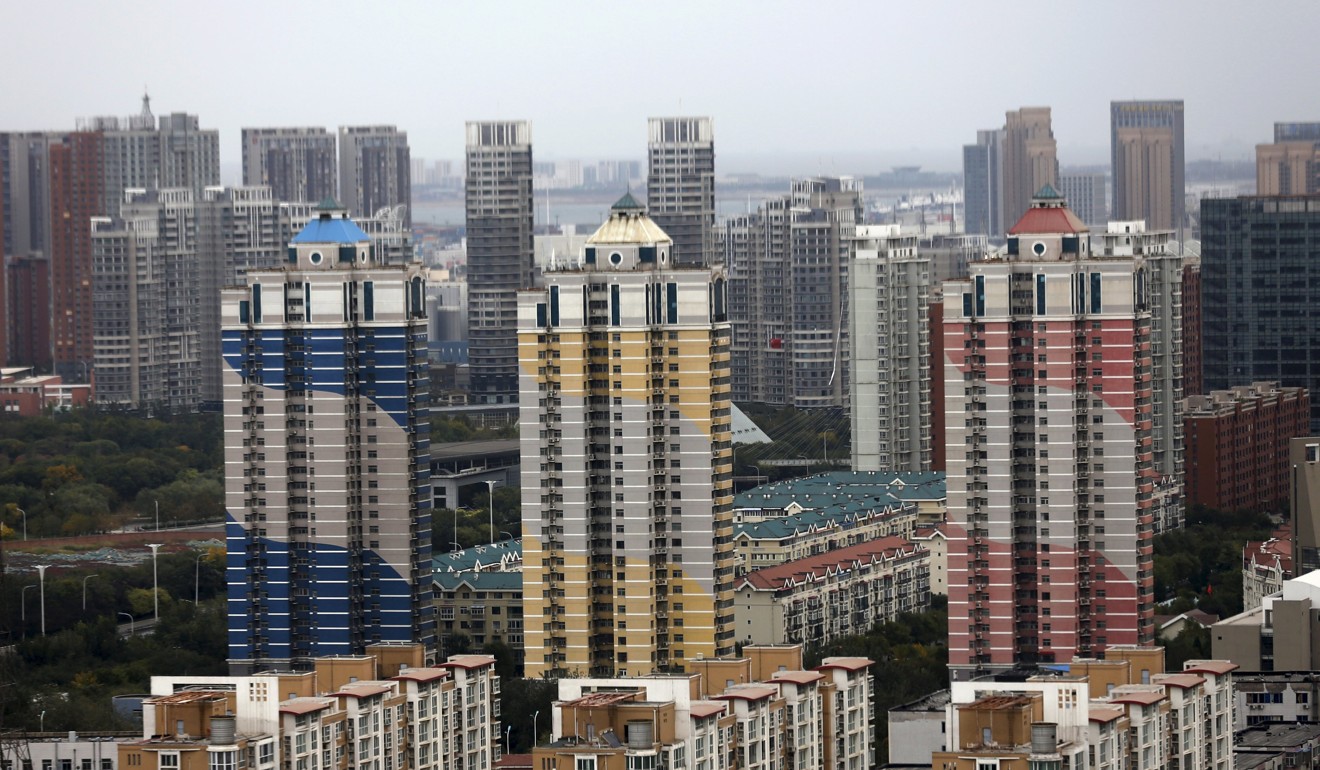
Why China’s property market won’t crash for now
When President Xi Jinping declared last year that houses are “for living in, not for speculation”, it was the clearest indication yet that keeping the country’s housing market bubble under control remains firmly at the top of the government’s agenda. And it’s clear to see why.
According to a latest survey from analysts at global bank BBVA, a 10 per cent drop in Chinese property prices could cause a 1 per cent decline in gross domestic product growth in the short term.
A 15 to 20 per cent property price drop could lead to recession, defined as two consecutive quarters of negative economic growth.
But given the powerful intervention the government can exercise on the land, housing and credit markets, a crash, adds BBVA is “almost impossible”.
Beijing, in particular, has experienced one of the greatest housing booms ever, according to an International Monetary Fund survey, when prices in the capital peaked in 2016.
An updated report released by an International Monetary Fund last month showed average home prices in 100 major cities in China rose 16.6 per cent in September 2016 alone, compared with the year before.
Among the biggest increases was seen in the southern city of Shenzhen, in Guangdong province, regarded as China’s economic powerhouse, and home to many of the country’s technology giants including Huawei, ZTE and Tencent.
House prices there rose to 37 times the average annual net income in the city in the first three quarters of 2016, up by a half from the same period last year.
The IMF report said Beijing, Shanghai and Shenzhen’s house prices are now comparable to prices in the wealthiest western cities such as New York and San Francisco, despite the enormous disparity in national incomes.
House prices in China, the second largest economy in the world, on average have been growing nearly twice as fast as national income over the past decade.

So the government has good reason for wanting to maintain a stable property market – a crash in prices could be hugely detrimental to an economy which is already slowing.
Le Xia, chief Asia economist at BBVA Research, said in its study that China’s property market remains closely connected to, and highly exposed to, its key economic sectors: local government revenue, banks, enterprises and households.
Le and his team estimate that a 30 per cent plunge in property prices would cut local government revenue by 780 billion yuan (US$122.04 billion), lift non-performing loans to 2.39 per cent of the total from the current 1.74 per cent within a year, wipe 802.5 billion yuan off the value of stocks, and slash aggregate household wealth by 46.9 trillion yuan.
The widespread market cooling measures have triggered a slowdown in property sales, and prices have declined from that peak in 2016, fitting in with the government’s objective of stabilising the market, and preventing any sharp shock.
The Chinese Academy of Social Sciences, a government think tank, said on May 14 it expects China’s property prices to cool steadily this year given a series of curbs on buyers and tighter monetary conditions. But it also warned that the market will remain volatile.
“It is very easy to control information on prices and also contain prices by imposing freezes on sales [in housing markets],” adds Anne Stevenson-Yang, co-founder and research director of US-based J Capital Research.
“Buyers are used to this and generally expect prices to rise once the freeze ends, so they wait. Those dynamics make it very hard to predict when there will be a visible crash.”
While a crash is not imminent as a result of the persistent government intervention, its heavy-handed approach to controlling the market has a serious side effect, however, according to professor Tao Ran at Renmin University of China’s school of economics in Beijing.
“All the measures that I can see are disrupting the market,” said Tao at a May 14 press briefing.
“They distort the market dynamics, which includes the possibility of a sharp correction...that really doesn’t help China to sustain its economic growth in the long term.”

